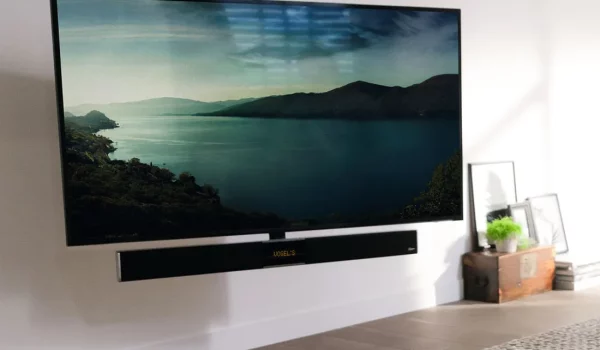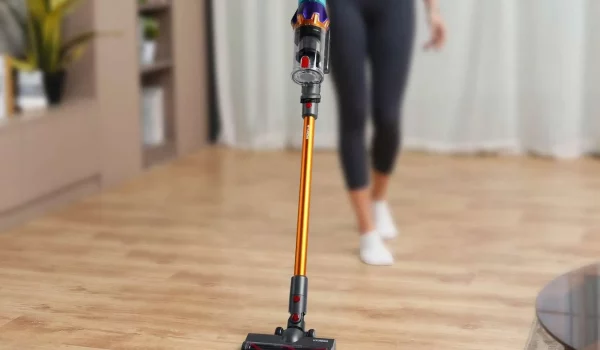Transition paths for Extended Producer Responsibility
This position paper contains an analysis of the main strengths and limitations of the way Extended Producer Responsibility (EPR) is currently organized in the Netherlands. Based on this analysis, three Transition Paths for improving EPR for the circular economy are presented:
- Optimizing EPR as an instrument for post-use circularity. Collection and recycling objectives should be balanced with the promotion of product life extension (according to the R hierarchy through repair, refurbishment, and remanufacturing). The companies involved in this should be formally incorporated into the EPR in a new “circular value chain management organization”
- Redesigning EPR as an instrument for the transition to a circular economy. Transition Path 2 builds on Transition Path 1 and focuses on goals and financial mechanisms for sustainable and circular product design.
- More than EPR: how other instruments can support EPR and the CE. Under this transition path, the authors provide recommendations for additional options to support the EPR instrument. This concerns better regulation for eco-design and Design for Sustainability, possibilities for environmental impact, and the essential role of consumers and municipalities.
Other relevant publications
Re-use of soundbars
How feasible is it to give soundbars a second life? Commissioned by Stichting OPEN, Second Use investigated the re-use potential of four soundbar models, revealing insights into repairability, consumer interest, and key barriers.
Re-use of cordless vacuum cleaners
The re-use of cordless vacuum cleaners presents interesting opportunities, but battery replacement costs pose a significant challenge. This study, conducted by Second Use on behalf of Stichting OPEN, examines the feasibility of refurbishment and identifies key improvements to extend the lifespan of these appliances.







